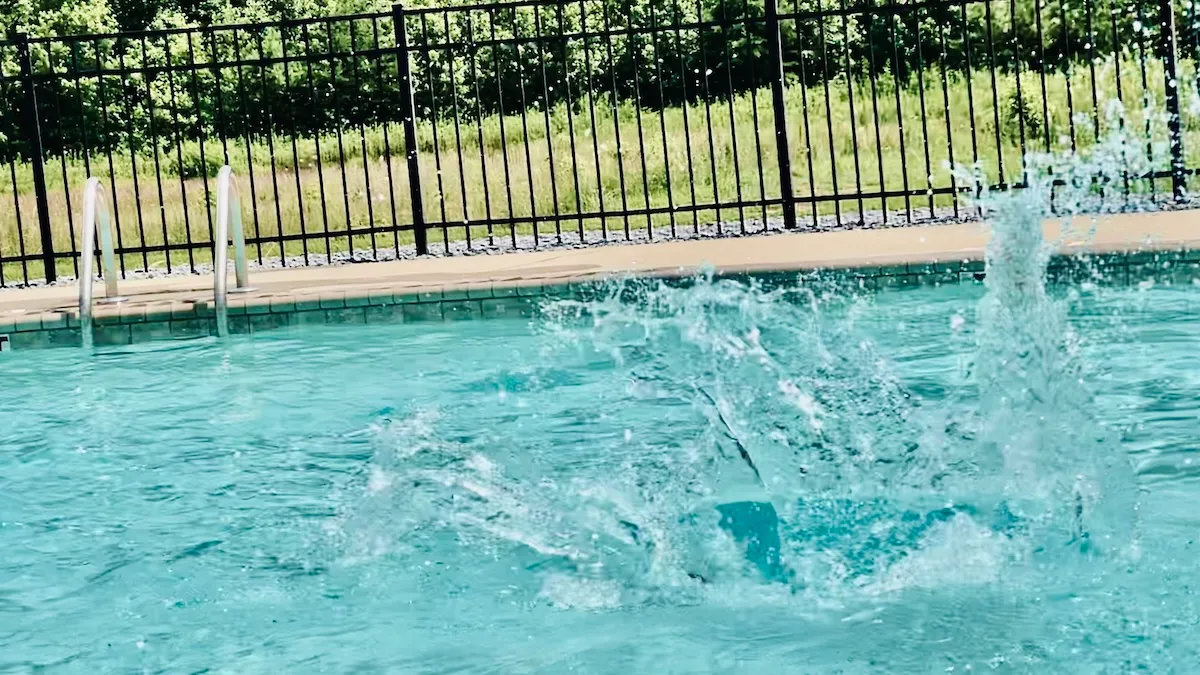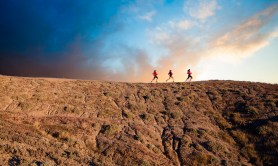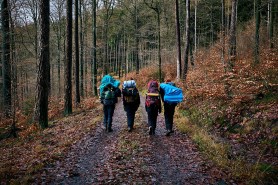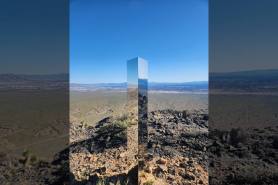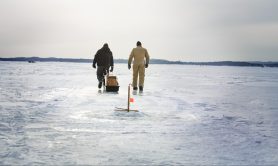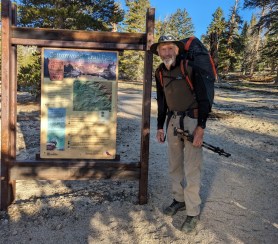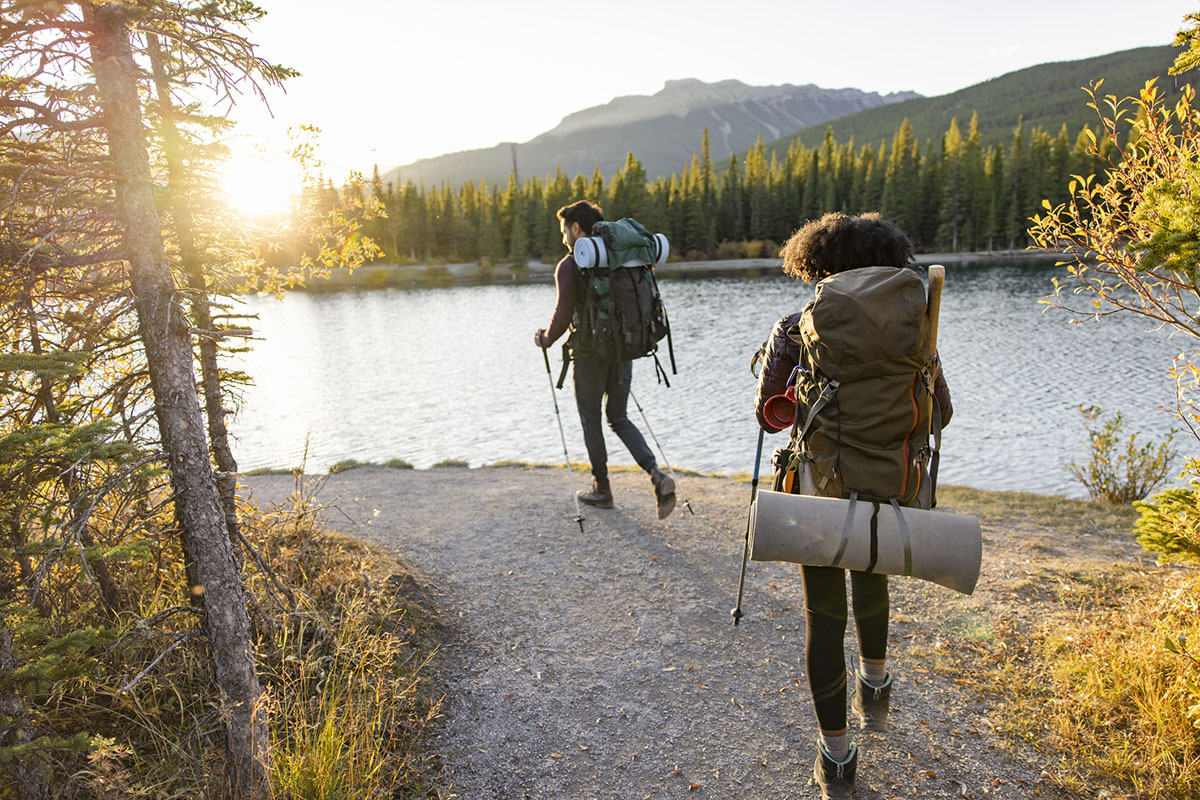

What’s the number-one mistake new backpackers make? Bringing too much stuff. It’s a rite of passage to go out with an exceedingly large backpack, suffer for a couple days, then return home, swearing never to do it again.
Videos by Outdoors
If you start one of America’s long trails with such a pack, a more experienced hiker might offer you a shakedown. They’ll go through your gear with you, help you realize what you don’t need, and leave you several pounds lighter. What comes afterward is another rite of passage–sending home a package with about a quarter of the stuff you initially brought.
As a thru-hiker with 4,000+ miles on my feet, I’m here to offer you a pre-emptive shakedown. I’ll try to convey some of the brutal honesty you need when editing your gear list. Keep in mind, I’m one of the merciful ones. On the “ultralight” spectrum, I’m in the middle, so I balance weight and comfort, but still pack lighter than a lot of backpackers. Let’s try to get you a little closer to weightlessness.
The Big Four
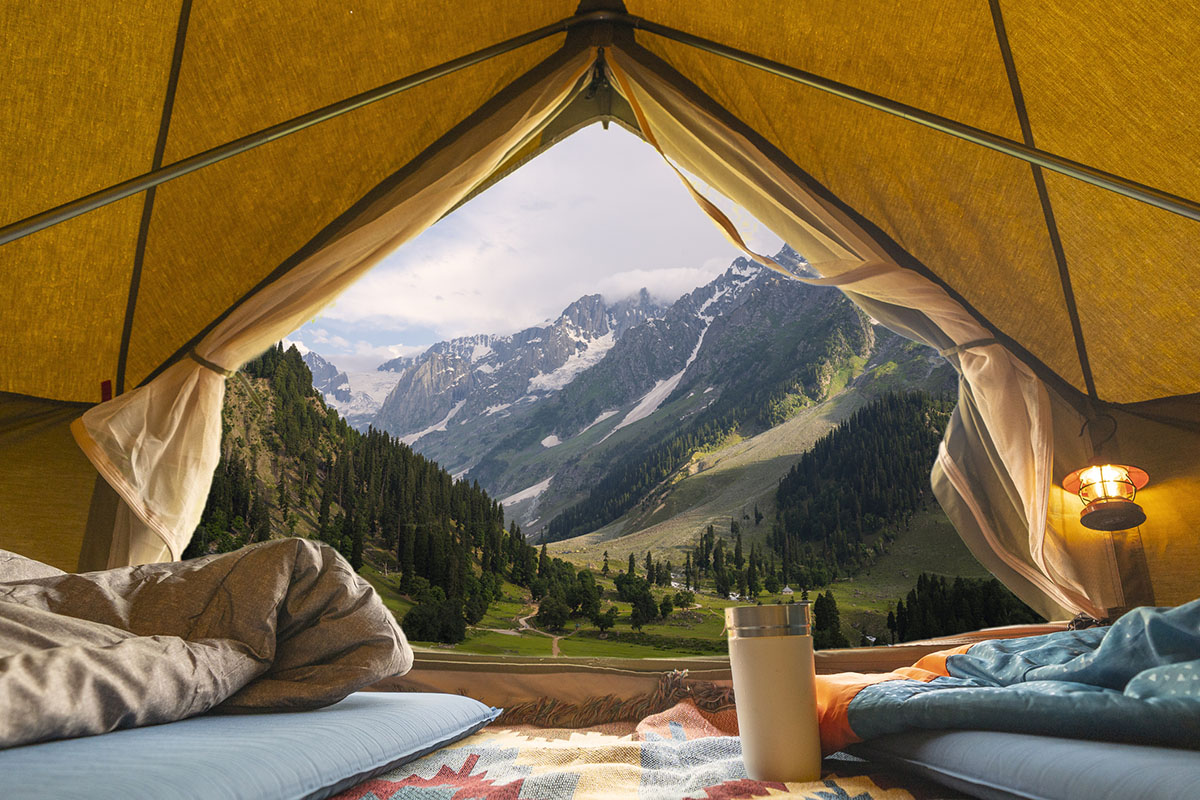

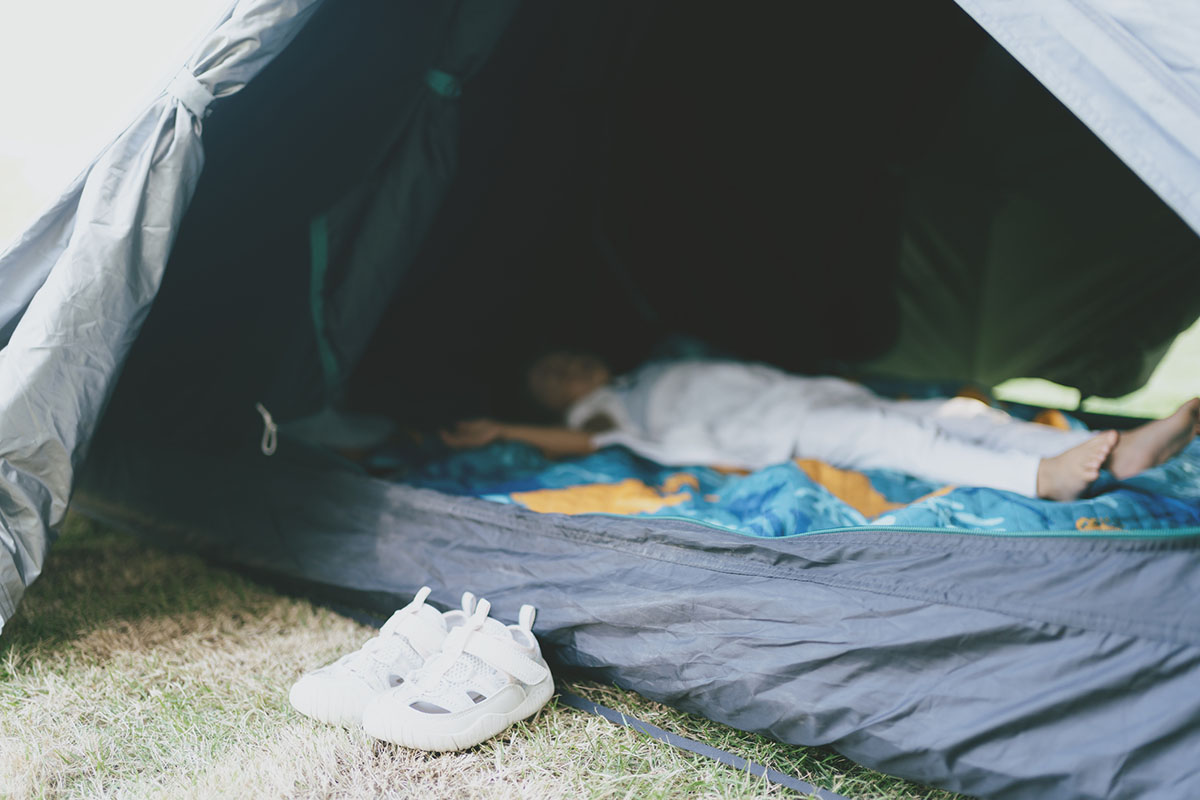
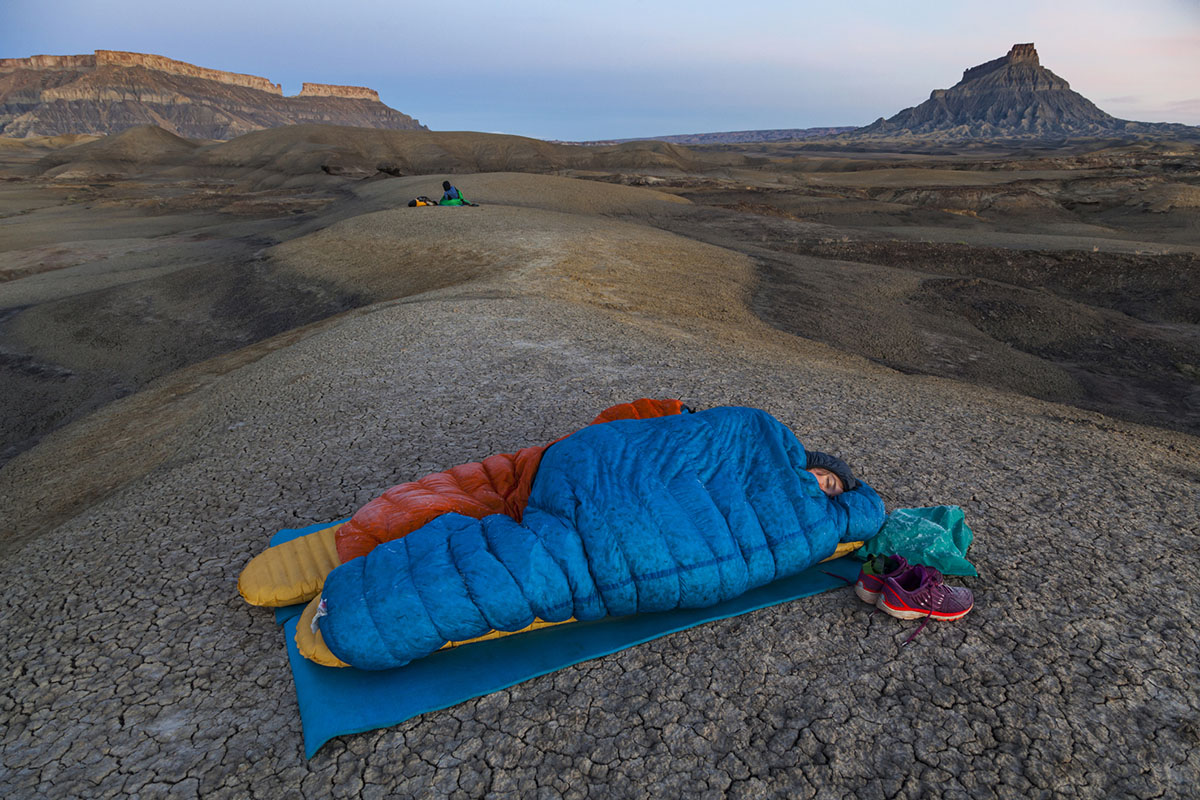
If you hear somebody mention the big four, they’re referring to these pieces of equipment:
- Tent/Shelter
- Backpack
- Sleeping Pad
- Sleeping Bag/Quilt
These are items you can’t really do without, and they have the potential to make or break your gear list. If you’re buying new gear, a good benchmark goal is for these items to weigh less than 10 pounds combined.
For new backpackers, the reality is that your best course of action is often to borrow gear from friends, and then you get what you get. My advice is to save up and slowly, intentionally, buy the lightest, most durable big four you can find.
With ultralight, high-end gear, these four items could weigh five pounds or less. Getting the lightest gear isn’t necessarily the most important thing when backpacking, but it’s also hard to build a house without a good foundation.
What Not to Bring
Sometimes knowing what not to bring is just as important as knowing what to bring. For thru-hikers, anything we don’t need out there is called a “luxury item.” You are allowed to bring one single luxury item and that’s it. (In this mix will be more advice about what you should bring instead of luxury items.) Read more about the debate between lightweight vs ultralight backpacking.
Books
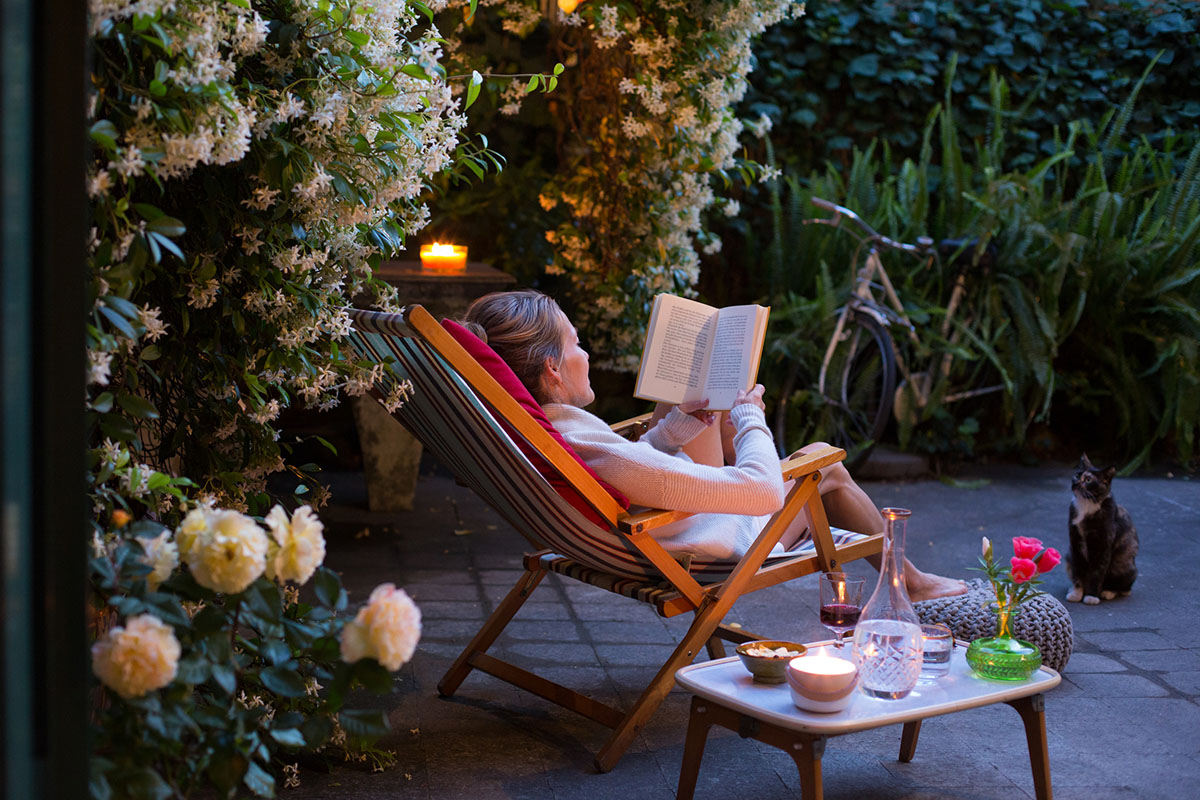
You don’t need that hardcover book. You probably don’t even need that paperback. I absolutely love reading, but by the time you set up camp and eat dinner each night, you’ll likely just roll over and fall asleep. If you go backpacking and find that you have the time and energy to read at the end of the day, then bring one on your next trip, or have one sent to you during your thru-hike. Otherwise, leave it at home.
Beauty/Hygiene Products

This might seem obvious, but some people still need to hear it. Here’s what should be in your toiletries bag: a travel toothbrush or a normal one that you’ve cut in half, a little toothpaste, some ibuprofen, hand sanitizer, athletic tape for blisters, alcohol swabs for cleaning blisters, and toilet paper. You don’t need deodorant; it’s not going to stop you from stinking.
Of course, at a certain point, hygiene is health. If you need to clean yourself and there’s no body of water available, soak a bandana (you should not pack a towel), and wipe yourself down. As you do, remember that you chose this life, and your love for the outdoors makes it all worth it.
Most of Your Clothes
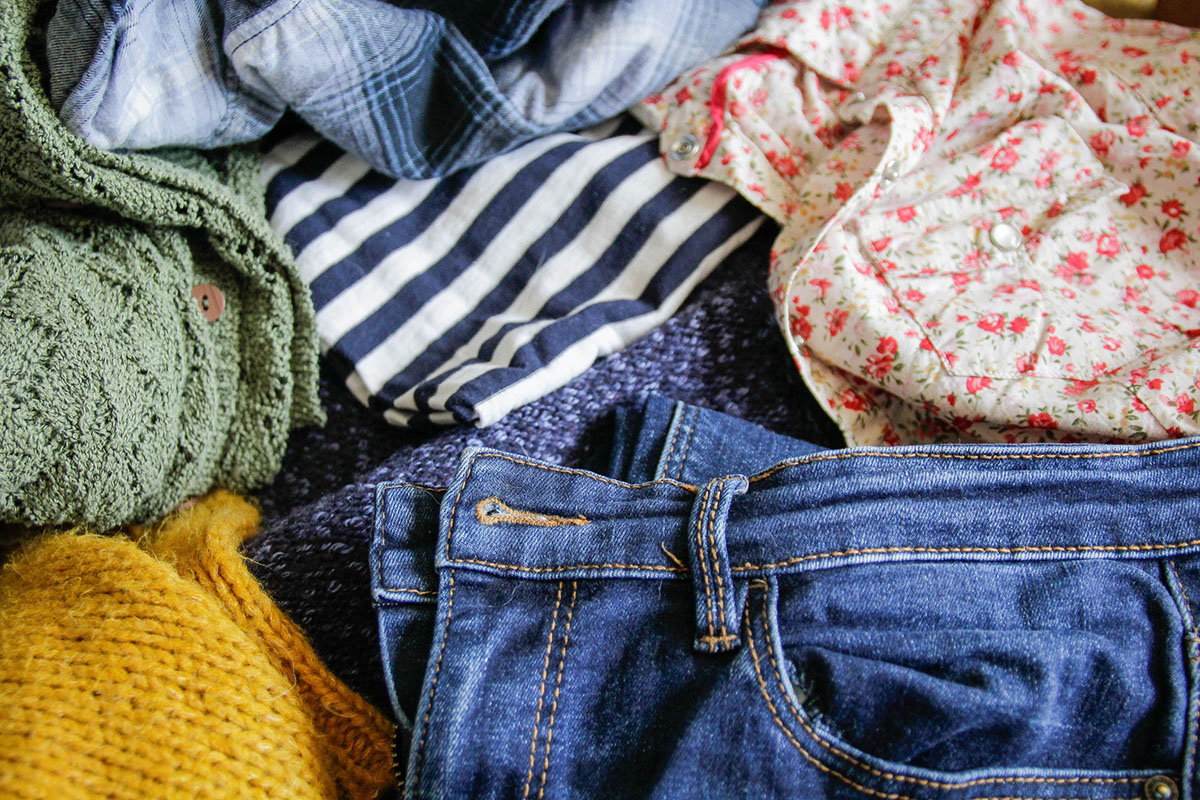
The only clothing items you get to bring more than one of are socks and underwear. You can have two pairs of underwear, two pairs of hiking socks, and one pair of camp socks. You get a pair of hiking pants or a pair of hiking shorts, not both. You should have a hiking outfit and a sleeping outfit.
My merino wool base layer is essentially my pajamas, and I only hike in them if I absolutely have to. During the day, in most conditions, my hiking will keep me warm. Trust me, you’ll get used to putting back on the same, salt-stained, still-damp clothes from your previous day’s hiking. Once you get moving, they’ll dry out, and you’ll forget how terrible they smell.
Anything Else You Don’t Need to Live
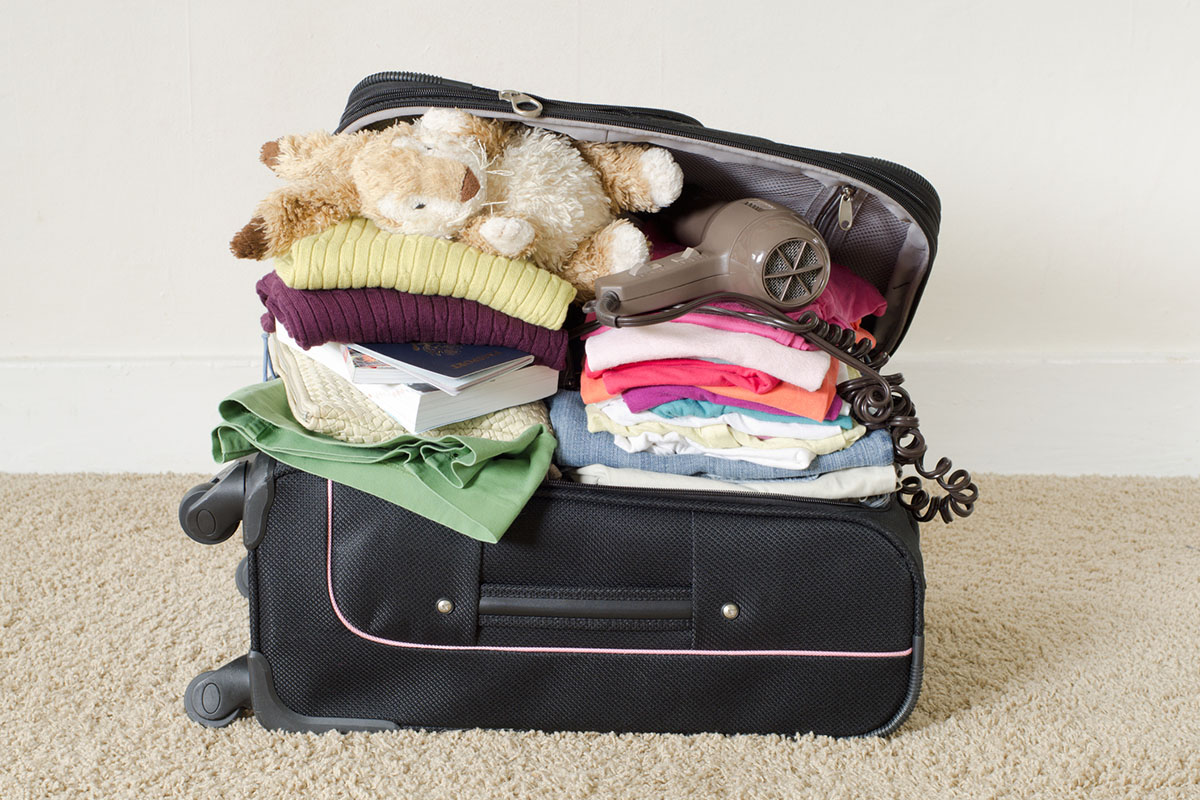
Here’s the crux of it. If there’s anything on your gear list that’s a “maybe,” then it’s a no. Base your choices on your physical necessities. You need food and water. You need shelter. You need warm clothes to prevent hypothermia. You don’t need camp shoes, you don’t need a second camera lens, and you don’t need your leather wallet, it’s a plastic bag now. You don’t need that harmonica unless you already know how to play, take my word for it.
Stay Flexible
I know that no matter what I write here, there’s no way to get this exactly right off the bat. If you’re backpacking occasionally, you’ll be able to make edits every time you return to society. If you’re embarking on a thru-hike, though, you’ll just have to edit as you go. Get to know the Postal Service in every town you visit. Go through your gear when you get off trail, and if there’s anything you haven’t used in the past section or two, get it into a package home.
Trust Me, It Gets Better
The goal of this shakedown process is to help you discover what you need. If you can strip everything else away, you’ll have a lighter pack and fewer distractions on your wilderness experience. Here’s the secret, though: Once you go ultralight, you can always go back. After you endure this process and find out what the bare essentials really are, then you can expand outward again. Maybe, with time and experience, you can allow yourself a second luxury item, as long as the joy outweighs the item itself.
